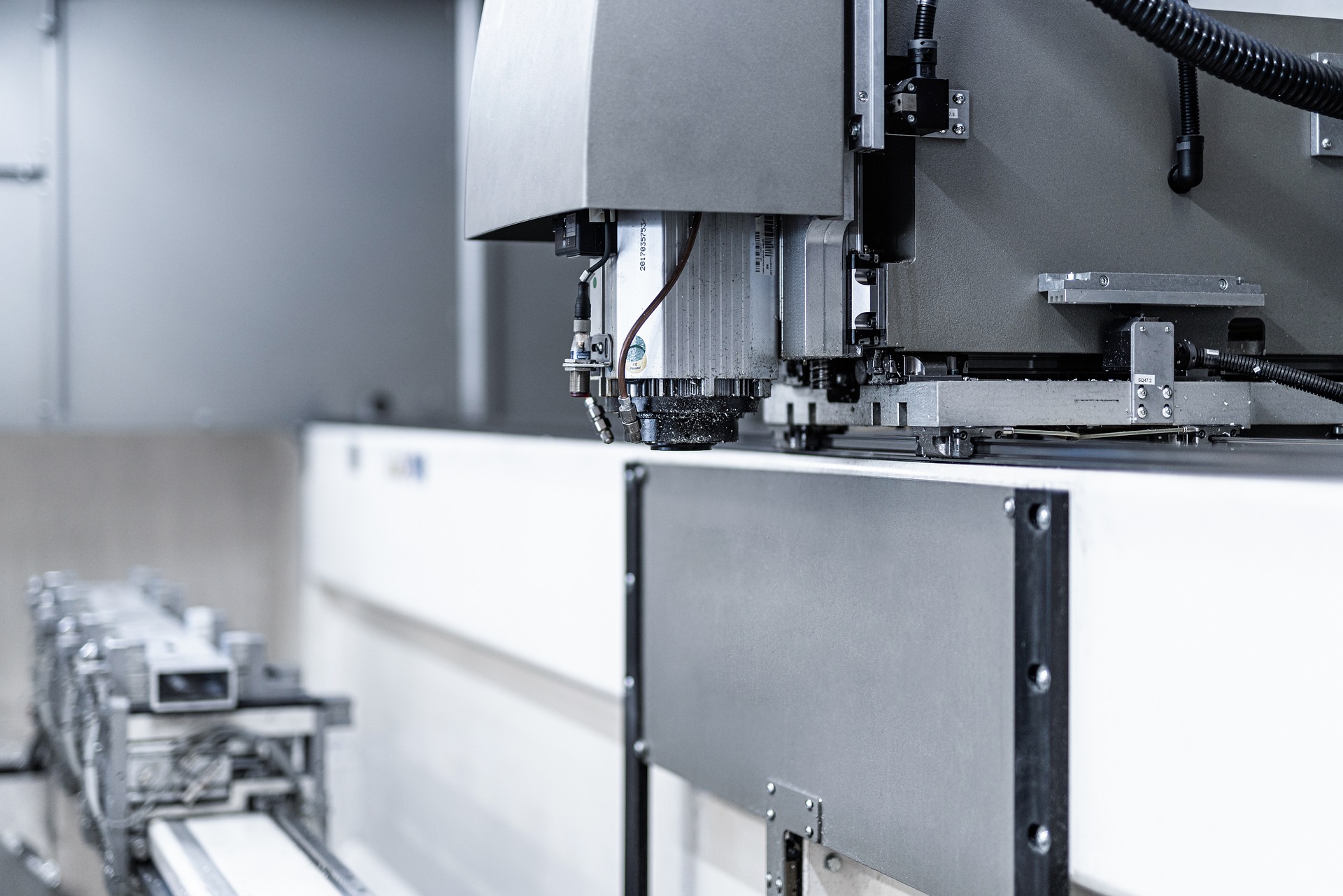A Comprehensive Guide to CNC Machining Education: Courses and Programs
CNC machining courses teach students how to operate computer-controlled machines that cut and shape materials. Training often includes blueprint reading, programming, and safety practices. These skills are widely used in manufacturing and engineering industries.

What Are CNC Machining Courses?
CNC machining courses are specialized educational programs designed to teach individuals how to operate, program, and maintain CNC machinery. These courses typically cover fundamental concepts such as blueprint reading, G-code programming, tooling selection, and machine setup. Most CNC machining courses blend classroom instruction with hands-on training, allowing students to apply theoretical knowledge in practical scenarios. The curriculum often progresses from basic operations to more advanced techniques, including multi-axis machining, complex part production, and troubleshooting. Depending on the provider, courses may range from short certificate programs lasting a few weeks to comprehensive diploma programs spanning several months.
Types of CNC Machining Programs Available
CNC machining programs vary widely in scope, duration, and specialization. Certificate programs typically focus on fundamental skills and can be completed in 2-6 months, making them ideal for quick entry into the workforce. Associate degree programs, usually offered by community colleges and technical schools, provide a more comprehensive education over 1-2 years, including general education courses alongside specialized CNC training. For those seeking advancement opportunities, bachelor’s degree programs in manufacturing technology or engineering with CNC components are available at many universities. Additionally, specialized programs focusing on specific aspects of CNC machining—such as 5-axis machining, CAD/CAM integration, or specific machine brands like Haas or Fanuc—allow professionals to develop expertise in high-demand niches.
Benefits of CNC Machining Online Courses
Online CNC machining courses have emerged as flexible alternatives to traditional classroom-based education. These digital learning platforms offer significant advantages, including self-paced learning that accommodates working professionals and those with busy schedules. Geographic barriers are eliminated, allowing students to access quality education regardless of their location. Many online courses incorporate interactive simulations and virtual machining environments, providing practical experience without requiring physical machinery. The cost of online courses is often lower than traditional programs, making them more accessible to a wider audience. Additionally, online platforms frequently update their content to reflect the latest industry standards and technological advancements, ensuring that students receive current and relevant education.
How to Choose the Right CNC Machining Course
Selecting the appropriate CNC machining course requires careful consideration of several factors. First, assess your current skill level and identify specific learning objectives, whether you’re a beginner looking for foundational knowledge or an experienced machinist seeking advanced skills. Examine the curriculum closely to ensure it covers relevant topics like CAD/CAM software, G-code programming, and machine operation. Instructor qualifications and industry experience are crucial indicators of program quality. Check if the course provides access to up-to-date CNC equipment and technology, either physically or through simulations. Accreditation from recognized industry organizations can verify program quality and enhance employment prospects. Finally, consider practical factors such as time commitment, cost, and learning format (online, in-person, or hybrid) to find a program that fits your circumstances.
Top CNC Machining Program Providers
The landscape of CNC machining education includes diverse providers catering to different learning needs and career goals. Understanding the options available can help you make an informed decision about your educational path.
| Provider Type | Example Institutions | Program Features | Typical Duration |
|---|---|---|---|
| Community Colleges | Ivy Tech, Ranken Technical College | Hands-on training, affordable tuition, local industry connections | 6-24 months |
| Technical Schools | Lincoln Tech, Universal Technical Institute | Focused curriculum, industry partnerships, job placement assistance | 9-18 months |
| Online Platforms | Coursera, Udemy, ToolingU-SME | Self-paced learning, accessibility, specialized short courses | 1-6 months |
| Industry Certifications | NIMS, Mastercam University | Recognized credentials, specific skill verification, continuing education | 2-6 months |
| Manufacturer Training | Haas Technical Education Center, Fanuc Academy | Brand-specific training, cutting-edge equipment, direct industry relevance | 1 week-3 months |
Prices, rates, or cost estimates mentioned in this article are based on the latest available information but may change over time. Independent research is advised before making financial decisions.
Career Opportunities After Completing CNC Machining Programs
Completing CNC machining education opens doors to diverse career paths in manufacturing and related industries. Entry-level positions such as CNC operators typically require basic program completion and offer starting salaries ranging from $35,000 to $45,000 annually. With additional experience and education, advancement to CNC programmer roles becomes possible, with average salaries between $50,000 and $70,000. Those with comprehensive training and expertise can pursue positions as CNC setup technicians, machinists, or quality control specialists. The most experienced professionals may advance to manufacturing engineering roles or CNC department supervision positions, where salaries can exceed $80,000 annually. Additionally, specialized knowledge in areas like multi-axis machining or medical device manufacturing can lead to premium compensation in niche sectors of the industry.
CNC machining education represents a valuable investment in a stable and evolving career field. By understanding the various educational pathways available and selecting programs aligned with your career objectives, you can develop the skills needed to succeed in this technologically advanced manufacturing environment. Whether pursuing formal degrees, industry certifications, or specialized online courses, the knowledge gained through structured CNC machining programs provides a foundation for ongoing professional growth in a field that continues to offer opportunities for skilled practitioners.




